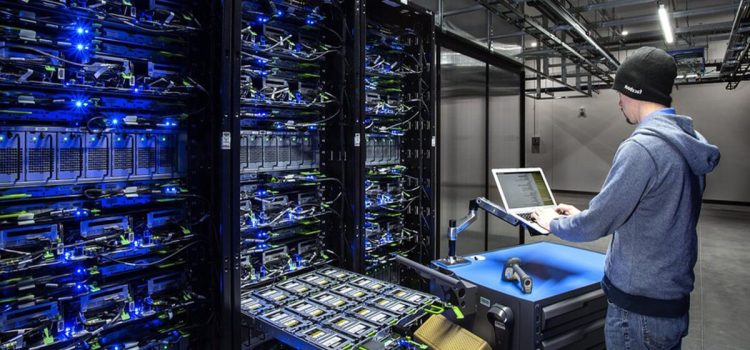
Progress in quantum machine learning:

Quantum Computing in 2024 revolutionizes quantum machine learning algorithms. The advancements in quantum computing this year have ushered in a new era for machine learning algorithms. By leveraging the inherent properties of quantum mechanics, such as superposition and entanglement, quantum machine learning algorithms now exhibit unparalleled computational power. This has enabled the processing of complex datasets at speeds previously thought impossible. The integration of quantum computing into machine learning frameworks has led to the development of more sophisticated models that can tackle intricate problems across various domains, from natural language processing to image recognition. These breakthroughs are not just theoretical; they are being implemented in practical applications, demonstrating the transformative potential of quantum-enhanced machine learning.
Quantum Computing in 2024:
Enhanced quantum key distribution techniques. In the realm of cryptography, 2024 has seen remarkable advancements in quantum key distribution (QKD) techniques. QKD leverages the principles of quantum mechanics to generate and distribute cryptographic keys that are theoretically immune to eavesdropping. This year, researchers have developed enhanced QKD protocols that offer greater security and efficiency. These innovations include the use of entangled photon pairs and advanced error correction methods, which ensure the integrity and confidentiality of the transmitted keys. The implementation of these enhanced QKD techniques is set to revolutionize secure communications, providing robust protection against cyber threats in an increasingly interconnected world.
Integration of quantum and classical systems:
Quantum Computing in 2024 integrates classical systems seamlessly. One of the key milestones achieved in 2024 is the seamless integration of quantum and classical computing systems. This hybrid approach leverages the strengths of both paradigms, combining the computational power of quantum processors with the versatility and reliability of classical systems. This integration has been facilitated by the development of sophisticated algorithms and interfaces that enable efficient communication and data exchange between quantum and classical components. The result is a cohesive computing environment where quantum and classical resources work in tandem to solve complex problems more effectively than either could alone.
Quantum computing in healthcare:

Quantum Computing in 2024: Revolutionizing drug discovery and development. The healthcare sector is experiencing a paradigm shift thanks to the advancements in quantum computing. In 2024, quantum computing is revolutionizing drug discovery and development by enabling the simulation of complex molecular interactions with unprecedented accuracy. Traditional drug discovery methods are often time-consuming and costly, involving extensive trial and error. Quantum computing, however, allows researchers to model and analyze molecular structures and interactions at the quantum level, significantly speeding up the identification of potential drug candidates. This capability is not only reducing the time and cost associated with bringing new drugs to market but also increasing the likelihood of discovering effective treatments for a wide range of diseases.
Future prospects for quantum workforce:
Quantum Computing in 2024: Demand for skilled quantum professionals increases. The rapid advancements in quantum computing are driving a surge in demand for skilled professionals in the field. In 2024, the need for quantum scientists, engineers, and software developers is at an all-time high as industries seek to harness the power of quantum technologies. This demand extends beyond traditional tech companies to sectors such as finance, healthcare, and cybersecurity, where quantum computing is poised to have a transformative impact. As a result, there is a growing emphasis on developing a workforce equipped with the knowledge and skills required to navigate the complexities of quantum systems and applications.
Conclusion:
In 2024, universities and research institutions worldwide are offering specialized courses and degree programs focused on quantum computing and related fields. These programs are designed to provide students with a strong foundation in quantum mechanics, computer science, and engineering, as well as hands-on experience with quantum hardware and software. Additionally, industry partnerships and collaborative initiatives are playing a crucial role in bridging the gap between academia and the workforce, ensuring that graduates are well-prepared to contribute to the rapidly evolving quantum landscape. As a result, the future prospects for the quantum workforce are brighter than ever, with a steady pipeline of talent ready to drive the next wave of innovation.










